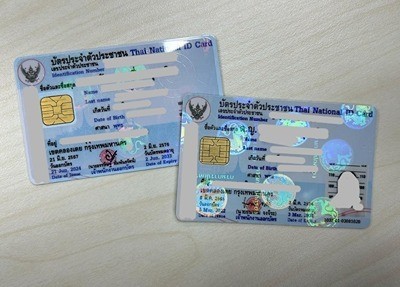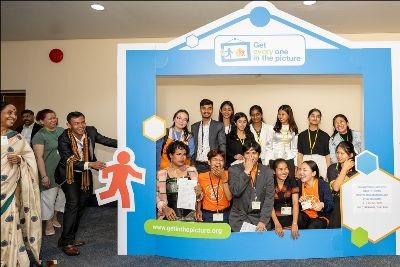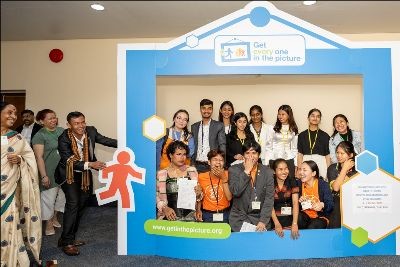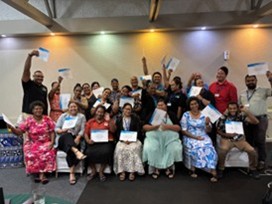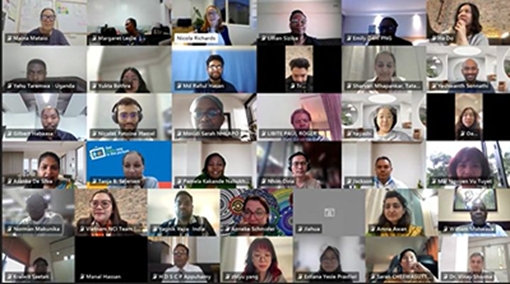The World Bank released the 2018 edition of the ID4D Global Dataset. According to the data at hand, an estimated of one billion people worldwide face challenges in proving who they are. Consequently, they struggle to access basic services and can be excluded from formal employment opportunities. The dataset further sheds light on who these one billion people living without official proof of identity are. Around 81% live in Sub-Saharan Africa and South Asia, 63% live in lower-middle income economies, 28% live in low-income economies. In the later, a large gender gap characterizes the unregistered population – over 45% of women lack official proof of identity compared to 30% of men. More detailed information on the global identification challenge can be found on the ID4D website, where the 2018 ID4D Global Dataset is also available for download.
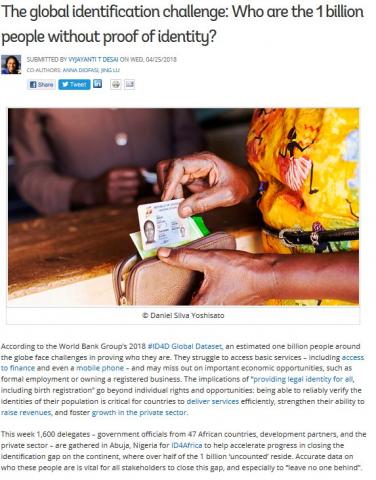
More News
The Ministry of Social Services and Development-Bangsamoro Autonomous Region in Muslim Mindanao (…
Bangladesh Bureau of Statistics (BBS) and Office of the Registrar General, Birth and Death…
The Maldives government has selected a Thailand-based company to develop a comprehensive digital…
A new report from the United Nations Population Fund (UNFPA), "Start With Her," highlights critical…
Our community newsletter puts a spotlight on people who have gone above and beyond in their efforts…
The Economic and Social Commission for Asia and the Pacific (ESCAP), Child Rights Coalition Asia (…
The Economic and Social Commission for Asia and the Pacific (ESCAP), Child Rights Coalition Asia (…
The Pacific Community (SPC), with support from Vital Strategies’ Global Grants Program (GGP), ESCAP…
At the start of February 2025, the second cohort of the CRVS Applied Research Training (CART)…
Statistics Denmark highlighted the critical importance of civil registration and identification…




